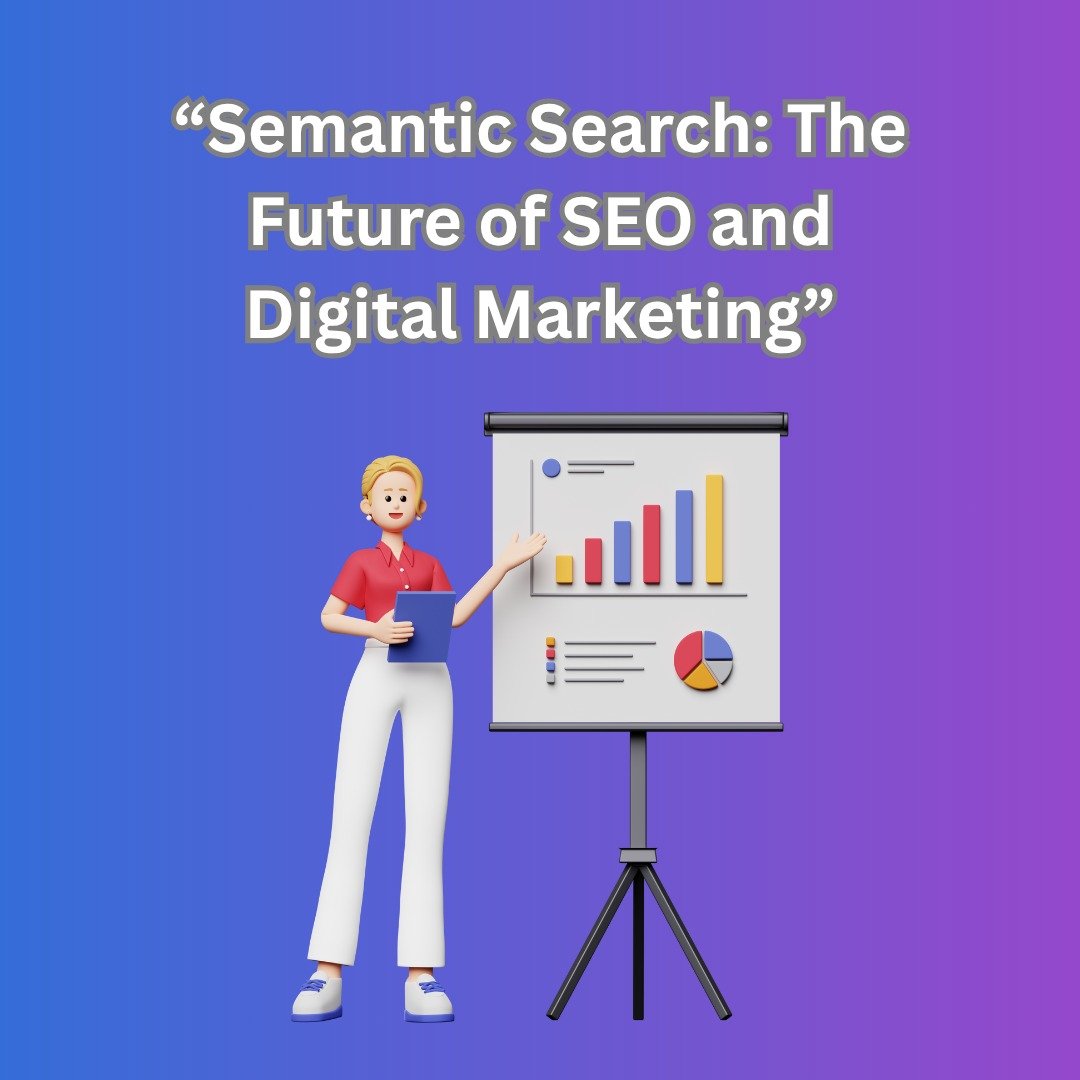Semantic search is redefining how SEO and digital marketing work today. The old formula of inserting exact keywords into pages to secure rankings is no longer effective. Modern search engines like Google focus on understanding the meaning behind a query, not just the words.
By interpreting intent, context, and relevance, this intelligent approach bridges human language with machine understanding. For digital marketers, mastering it is essential for long-term visibility and growth.
Here are seven reasons why semantic search is transforming digital marketing and how you can use it to stay ahead.
1,Semantic Search Focuses on User Intent, Not Just Keywords
The biggest shift in search optimization is the move from keyword matching to understanding real intent. When someone searches for “best digital marketing agency near me,” Google does not just look for that phrase, it identifies agencies with strong reviews, relevant services, and local presence.
For marketers, this means creating content that answers why the user is searching, not just what they typed. Build topic clusters around key themes. For example, link blogs about SEO, search intent, and marketing strategy to strengthen your authority across related subjects.
2,Boosts Relevance and Reader Engagement
Search engines now prioritize content quality and context over keyword repetition. When your content flows naturally, addresses subtopics, and provides clear, useful insights, it signals depth and authority.
This leads to higher engagement, longer on-page time, and reduced bounce rates. The focus should be on educating, entertaining, or solving a problem, not keyword stuffing.
Pro tip: Structure your content around reader questions and pain points. The more value you deliver, the stronger your SEO signals.
3,Powers Voice Search and Conversational AI
With the rise of voice assistants like Alexa, Siri, and Google Assistant, people interact with search engines in more conversational ways, often phrased as questions.
Voice queries rely on natural language processing, where algorithms interpret meaning rather than matching exact words.
For example, a voice search for “Find a reliable marketing agency near me” connects “reliable” to reputation, “near me” to proximity, and “agency” to service type.
To optimize:
Use long-tail, conversational keywords
Create FAQ-style pages with clear, direct answers
Write in a tone that sounds natural when read aloud
This approach ensures your content aligns with how real people speak and search.
4,Enhances Personalization and User Experience
Search results today adapt to user behavior, device type, and location. Algorithms learn what each individual prefers and offer personalized recommendations.
For digital marketers, personalization is an opportunity to reach the right audience at the right time.
Example: Someone searching “digital marketing trends 2025” might later see articles about AI in marketing or SEO innovations because the system recognizes connected interests.
To take advantage:
Segment your content for different audience types
Analyze search intent through analytics tools
Deliver personalized recommendations through retargeting or email sequences
Personalized content builds stronger engagement and trust, which are key signals for long-term ranking.
5,Semantic Search Strengthens Topical Authority
Search engines now evaluate a site’s overall expertise on a topic, not just single pages. If your website consistently publishes content around specific subjects, like SEO, digital ads, or content strategy, it establishes topical authority.
This is the foundation of Google’s E-E-A-T principle, which stands for Experience, Expertise, Authoritativeness, and Trustworthiness.
How to build topical authority:
Create multiple, interlinked posts under one theme
Use internal links with relevant anchor text
Update older articles with fresh insights and data
This strategy helps you rank across a broader range of related queries and positions your brand as an expert.
6,Fuels AI-Driven Content Optimization
Understanding context powers the algorithms behind AI tools like ChatGPT, Gemini, and Google’s Search Generative Experience (SGE). These systems use contextual cues to summarize, suggest, and prioritize the most relevant information.
For marketers, that means AI favors well-structured, meaningful content that clearly answers questions.
Best practices:
Add structured data (schema markup) to help search engines understand your content
Use concise headings and meta descriptions that reflect user intent
Provide direct, fact-based answers to common queries
When your content is semantically rich and structured, it is more likely to appear in featured snippets, AI-generated summaries, and top SERP results.
7,Future-Proofs Your Digital Marketing Strategy
The greatest advantage of this approach is long-term stability. While algorithms evolve, their ultimate goal remains the same: to better understand human language and deliver value-driven results.
By adopting semantic-focused practices, you are not chasing trends, you are building a foundation that adapts naturally to future updates.
Instead of optimizing for short-term keyword gains, focus on meaningful, intent-based content that serves your audience. This makes your digital strategy sustainable and resilient against algorithm shifts.
Final Thoughts on Semantic Search
Semantic understanding has changed the way we approach SEO, content creation, and audience engagement. It encourages marketers to think deeper about why users search, how they phrase queries, and what results they expect.
By integrating these principles into your marketing strategy, you can:
✅ Craft content that truly informs and helps your audience
✅ Establish authority and trust in your niche
✅ Maintain consistent, long-term organic visibility
Whether you are a marketer, strategist, or business owner, the time to adapt is now.
In the evolving world of digital marketing, meaning will always outperform mere keywords and understanding that meaning is the key to future success.


